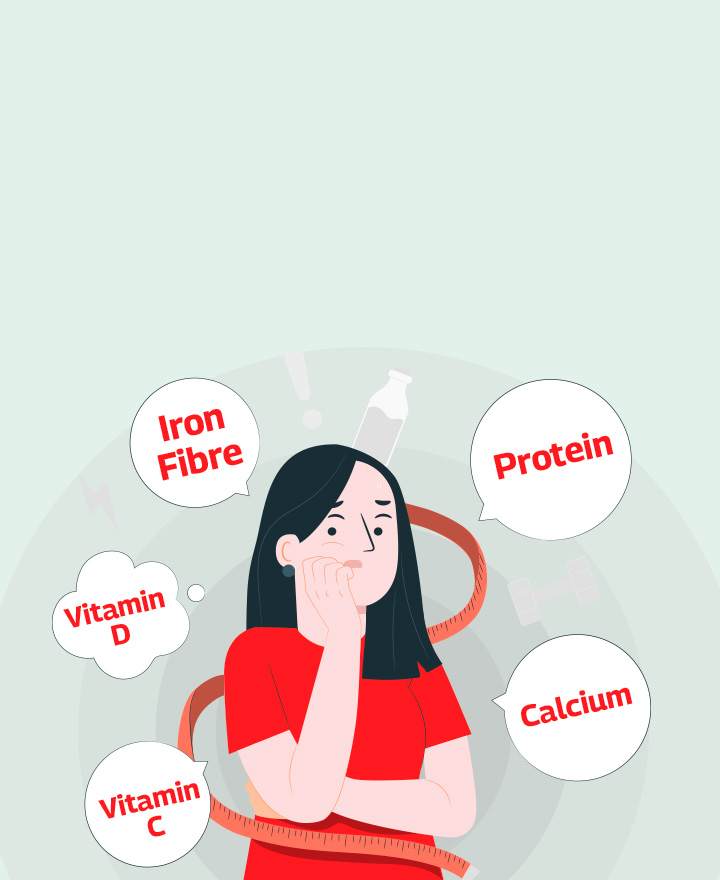

Health And Nutritional Value of Zucchini
Zucchini, also known as courgette, is a versatile summer squash that offers several health advantages owing to its rich nutrient profile. Dietary intake of Zucchini supports vision, immune function, and overall health. It is packed with vitamins A and C, potassium, and antioxidants like lutein and beta-carotene, and it is well-known for its versatility, high water content, and fibre. Although most of us consider it a vegetable, it is actually a fruit, eaten both raw and uncooked, as well as added to stews, casseroles, soups, and other savoury dishes. Read on to learn the health benefits of zucchini and its nutritional value.
Nutritional Value of Zucchini
One cup (223 grams) of raw zucchini provides about
• 17 calories
• 1 gram of protein
• 1 gram of fibre.
It is also a rich dietary source of vitamin C (14% RDI) and vitamin A (40% RDI), packed with antioxidants like lutein and beta-carotene.
Health Benefits of Zucchini
Here are the health benefits of incorporating zucchini into your diet —
1. High in Antioxidants
Zucchini contains antioxidants that protect your body from free radical damage. It contains carotenoids like lutein, zeaxanthin, and beta-carotene. These antioxidants benefit your eyes, skin, and heart and may protect against certain cancers.
2. Promotes Healthy Digestion
Zucchini’s water and high fibre content aid digestion by softening stool and reducing constipation. It is a powerhouse of soluble and insoluble fibre, essential for maintaining gut health. These work together to aid digestion, ensuring food moves smoothly and efficiently through the gut.
3. May Lower Blood Sugar Levels
Zucchini is a low-carb alternative for people with type 2 diabetes. Its fibre stabilises blood sugar and prevents spikes after meals. Zucchini peel extract may also help regulate blood sugar levels.
4. Contributes to Heart Health
Zucchini's high fibre content is linked to a lower risk of heart disease. The soluble fibre in zucchini, pectin, is a powerful tool in reducing "bad" LDL cholesterol levels. Zucchini's rich potassium content further dilates blood vessels, decreasing the risk of cardiac ailments and stroke.
5. Rich in Vitamins and Minerals
Zucchini provides vitamins A, C, and K, potassium, and manganese. These nutrients support immune function, bone health, and overall well-being.
6. Weight Management
Low in calories and high in water content, zucchini is great for weight loss. The fibre and water content keep you full, preventing overeating.
7. Eye Health
Zucchini is rich in vitamin C, zeaxanthin, lutein, and beta-carotene, which are vital for eye health.
7. Skin Health
Antioxidants like lutein and zeaxanthin contribute to glowing skin. The water content also keeps your skin hydrated in summer.
9. Anti-Inflammatory Properties
Zucchini may reduce inflammation due to its antioxidants and fibre.
10. Supports Prostate Health
Although human studies are necessary, Zucchini seed extracts may help limit prostatic hyperplasia and potentially benefit prostate health.
11. Boosts Immunity
The vitamins and minerals in Zucchini give your body the support it needs to stay healthy and fight off illnesses.
12. May Help During Pregnancy
Zucchini, with its high folate content, is crucial in supporting foetal development during pregnancy.
Conclusion
From good heart health to improved digestion, including zucchini in your diet can offer numerous health benefits. To maximise the nutrients, you can enjoy them raw as squash, in salads, or as juice.
One of the important components of our overall wellness is also being financially secured. Healthcare emergencies can happen any time, but a good health insurance policy can protect you from such uncertain situations. To know more about Wellness and other health related tips, visit the wellness corner.
Source: webmd.com, healthline.com
Disclaimer: This blog provides general information and discussions about health and related subjects. The information and other content provided in this blog, website or in any linked materials are not intended and should not be considered, or used as a substitute for, medical advice, diagnosis or treatment. Kindly contact your Doctor before starting a new medicine or health regime.
Related Articles
Wondering How To Get Your Kids To Eat Veggies? Here Are 10 Tricks
Vegetables To Eat For Weight Loss
Here Are 7 Tips To Make Your Favorite Foods Low Carb
Essential Diet Tips For Breastfeeding Mothers
What Are The Must-Have Nutrients In Your Kid’s Healthy Diet Plan
Published on July 03, 2024














 Health Insurance
Health Insurance  Travel Insurance
Travel Insurance  Car Insurance
Car Insurance  Cyber Insurance
Cyber Insurance  Critical Illness Insurance
Critical Illness Insurance
 Pet Insurance
Pet Insurance
 Bike/Two Wheeler Insurance
Bike/Two Wheeler Insurance  Home Insurance
Home Insurance  Third Party Vehicle Ins.
Third Party Vehicle Ins.  Tractor Insurance
Tractor Insurance  Goods Carrying Vehicle Ins.
Goods Carrying Vehicle Ins.  Passenger Carrying Vehicle Ins.
Passenger Carrying Vehicle Ins.  Compulsory Personal Accident Insurance
Compulsory Personal Accident Insurance  Travel Insurance
Travel Insurance  Rural
Rural